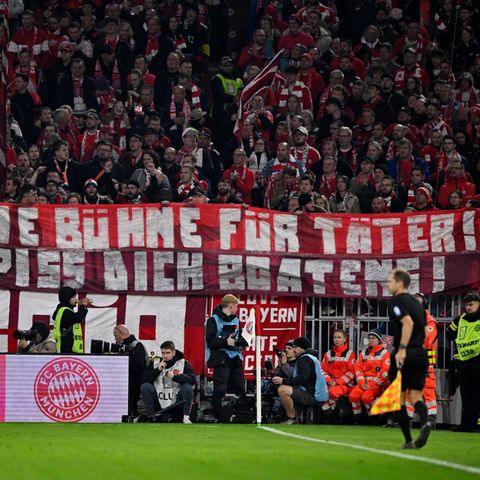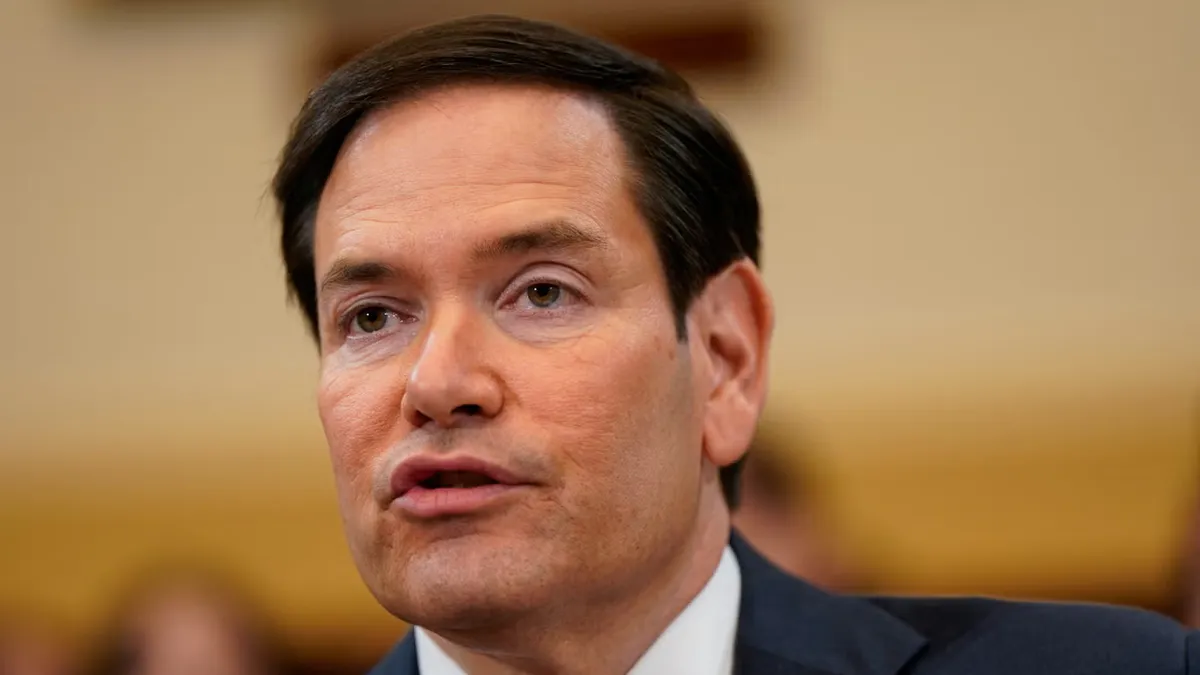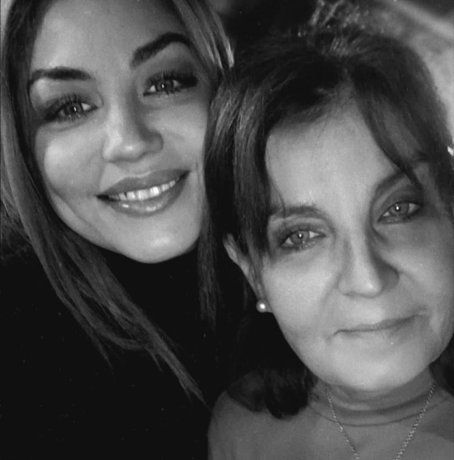Whiskey is one of the most well-known symbols of Scotland – and as a popular souvenir it is also an important economic factor. But the government is also under pressure to tackle the big drinking problem.
The wide view sweeps over the Highlands, in the distance a lake sparkles – next to it a bottle of whiskey. Or a cozily crackling open fire, a blanket with colorful plaids over your legs – and a tumbler of whiskey in your hand. It is images like this that the Scottish tourism industry uses to advertise holidays in the British part of the country. The high-proof alcohol is one of the most well-known symbols of Scotland and therefore also an important economic factor. But that, the influential industry fears, could soon be over.
Because the regional government in Edinburgh is under pressure. According to the latest available data, more people than ever have died in the UK from the effects of heavy alcohol consumption in 2021. The rate was highest in Scotland. “Scotland has a deep, long-standing and troubled relationship with alcohol,” the government acknowledged. In order to discourage younger people in particular from drinking, she is now considering a far-reaching alcohol advertising ban and has started a “consultation” for this purpose, a public consultation.
For example, an advertising ban on billboards and in newspapers as well as alcohol-related merchandising is under discussion. Proposals would mean that distilleries or pubs would no longer be allowed to sell t-shirts or glasses. There is also talk that breweries and other alcohol producers are no longer allowed to sponsor sporting and cultural events. “If all the measures under discussion become law, it could even mean that shops have to hide their alcohol,” commented the Herald newspaper.
Manufacturer: “Do not destroy Scotland’s beverage industry”
The plans alarm the economy. “Don’t destroy Scotland’s beverage industry,” several beverage giants including Diageo, Budweiser and Tennent’s warned in an open letter. Young brands fear for their existence if they are no longer allowed to attract attention as a sponsor. But the tourism industry is also excited. “Effectively banning the sale of all alcohol-related items would impact a great many tourism businesses, not just distilleries,” said Gordon Morrison, chief executive of the Association of Scottish Visitor Attractions.
At an estimated £84 million (€95 million) a year, whiskey tourism plays a major role. It’s only in recent years that whiskey companies have invested a lot of money, Morrison said, citing examples such as the £140m expansion of the Macallan distillery in Craigellachie into a visitor attraction. “The distilleries are often in parts of Scotland that are quite remote,” said Morrison. “There’s often nothing else to do there. They bring visitors into the communities.”
Sturgeon wants to act pragmatically
The Conservative Party, in the opposition in Edinburgh, wants to use the popular topic and speaks of “draconian” rules. “Not only will this cost jobs in Scotland, but it will also make it significantly more difficult for the industry to export to the EU and elsewhere,” said David Mundell MP in the British House of Commons. The conservative government in London gratefully accepted the ball: Secretary of State for Trade Nigel Huddleston promptly warned of “significant negative effects”.
Scotland’s Prime Minister Nicola Sturgeon feels misunderstood. “Some of the suggestions over the past few weeks, such as hand-painted signs on distilleries or visitor centers being targeted, are not part of our thinking right now, let me be clear,” Sturgeon said. There is a difference between a billboard near a school and a hat with a whiskey brand logo on it. “We have to look at this pragmatically and seriously,” Sturgeon said. The “consultation” ends on March 9th.
Source: Stern




